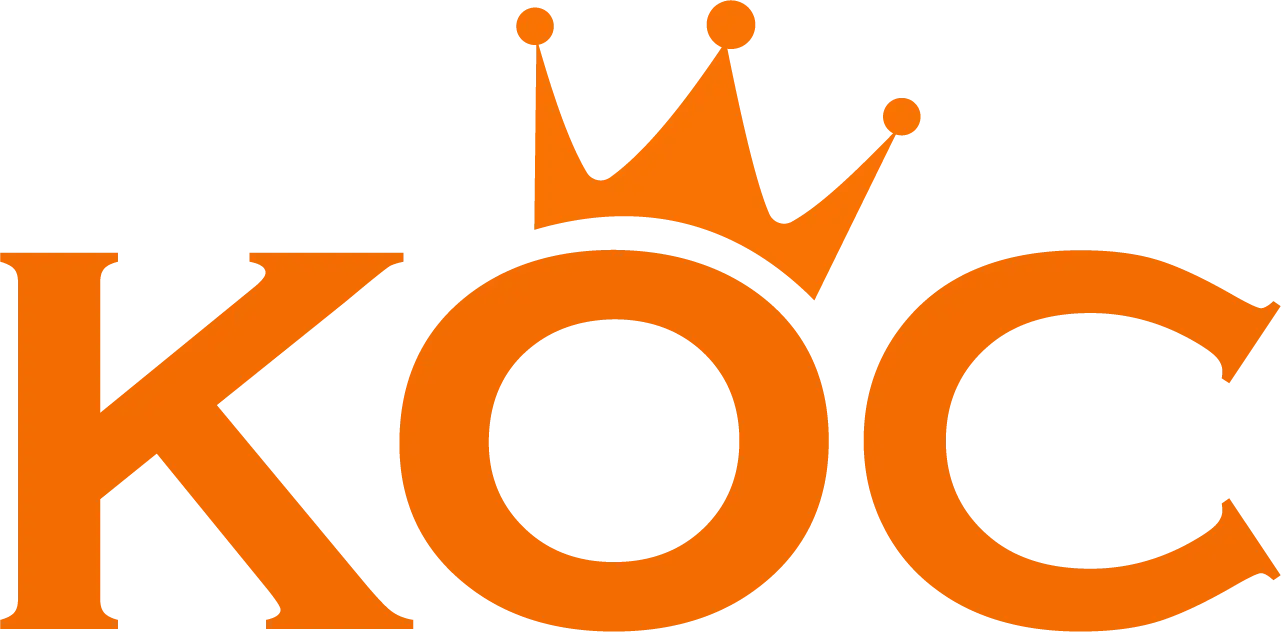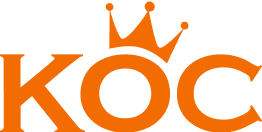Introduction
In an era where education is evolving faster than ever, more parents are asking a simple but profound question:
“What if the best classroom for my child… is actually my home?”
Welcome to the world of homeschooling—a personalized, flexible, and increasingly popular learning path for children of all ages. Whether driven by academic goals, emotional well-being, or values-based education, homeschooling offers families the freedom to reimagine learning on their own terms.
Also Read: The Best Age for Kids to Begin Chess – A Guide for Parents
What Is Homeschooling, Really?
Homeschooling is the practice of educating children outside of traditional school settings, often led by parents or certified tutors. It’s not just about textbooks at the dining table anymore—it can include:
- Structured online platforms
- Curriculum aligned with national boards (CBSE, NIOS, IGCSE)
- Field trips, experiments, and hobby-based learning
- Community classes, clubs, and sports
- Mentorship from subject experts and professionals
At its core, homeschooling means giving your child an education tailored to who they are.
Why Parents Are Choosing Homeschooling
1. Personalized Learning Pace
Students learn at their own speed, not the pace of 30 classmates. If your child is gifted in science but slower in language arts, homeschooling allows deeper focus where needed and faster progress elsewhere.
2. Flexible Schedule
Want to travel mid-week or avoid exam-season stress? Homeschooling lets families design their own academic calendar. Many homeschoolers learn for 4–5 hours a day and still outperform peers academically.
3. Safe, Positive Environment
No bullying. No peer pressure. No rigid discipline. Homeschoolers learn in a stress-free, emotionally secure space with caring adults. To support this nurturing setup, parents increasingly turn to tools that foster both connection and safety. Mobile phones with robust parental control features can help maintain this protective atmosphere by enabling guardians to oversee usage, set healthy limits, and guide digital interactions. Each parent interested in phones for their children can check the best phone for kids here and learn more details.
4. Holistic Development
From coding and chess to yoga and painting, homeschooling encourages learning that’s skill-based, creative, and hands-on.
Why Homeschooling Can Be Better Than Traditional School
Plus Side: 10 Major Advantages of Homeschooling
- Freedom to explore subjects beyond textbooks
- Tailored methods based on your child’s learning style
- Real-world integration: learning through travel, internships, projects
- Strong family bonding and shared responsibility
- Focus on values, culture, and life skills
- Increased self-motivation and independence
- No commute, no uniforms, no rushing mornings
- Access to the best global curriculum (Cambridge, NIOS, etc.)
- Opportunity to work with mentors and experts
- Proven academic results—many homeschoolers top board exams and get into top universities
Homeschooling Guide for Parents
Starting the homeschooling journey can feel overwhelming, but it begins with a simple mindset shift: you don’t need to replicate school—you need to personalize learning. As a parent, your role is not to know everything but to guide, facilitate, and grow alongside your child. Begin by defining your goals (academic focus, life skills, emotional well-being), choosing a curriculum that aligns with those goals, and creating a daily rhythm that works for your family—not against it. Use online tools, tutors, and community groups to fill in gaps, and don’t hesitate to blend structure with freedom. Remember: homeschooling doesn’t mean doing everything alone—it means taking charge of your child’s learning path with confidence and creativity.
Homeschooling by the Numbers: Verified Global Stats
- As of 2024, over 5 million children are homeschooled in the United States, making it the largest homeschooling population globally.
- In India, homeschooling saw a 400% growth post-2020, especially in metro cities like Bengaluru, Mumbai, and Hyderabad (Source: Hindustan Times Education, 2023).
- In the UK, homeschooling increased by 34% from 2019 to 2023, particularly post-COVID, with families valuing mental health and flexible academics (Source: BBC Education).
- In Australia, around 20,000+ students are homeschooled annually, supported by state-wise registration systems and resources.
- Canada and South Africa also report steady increases, with over 50,000 and 100,000+ homeschoolers respectively.
Why the U.S. leads in homeschooling:
The U.S. has the most developed homeschooling ecosystem, including:
- Legal status in all 50 states
- Decades of structured curriculum options
- Religious, academic, and special-needs motivations
- Strong support from co-ops, online platforms, and advocacy groups.
Also Read: The Benefits of Learning Chess Online vs. Traditional Methods
Famous People Who Were Homeschooled
You might be surprised how many brilliant minds started their journey at home:
- Serena and Venus Williams – Homeschooled while training for tennis greatness
- Taylor Swift – Pursued music while studying from home
- Emma Watson – Juggled acting in Harry Potter while learning from tutors
- Tim Tebow – NFL player and homeschool advocate
- Abraham Lincoln – Learned to read and write at home with borrowed books
These stories prove that homeschooling can nurture excellence, creativity, and resilience.
A Peek Inside a Homeschooler’s Day
Of course, each family builds a schedule that works best for their lifestyle and rhythm.
Is Homeschooling Legal in India and Abroad?
Yes—homeschooling is legal in India and many countries around the world.
- In India, students can register under:
- NIOS (National Institute of Open Schooling)
- Cambridge IGCSE
- CBSE as private candidates
- In the USA, UK, Canada, UAE, Australia, and most countries, homeschooling is legal with local board-specific rules.
Always check with your local board or state guidelines before beginning.
Final Thoughts
Homeschooling isn’t just about education—it’s about freedom, connection, and potential.
It’s about discovering who your child is—not just what grade they’re in. Whether you choose it for a year or a lifetime, homeschooling gives families the power to create an education that fits, supports, and elevates the learner.
So if you’re asking, “Is homeschooling right for us?”—you’re already halfway there.



